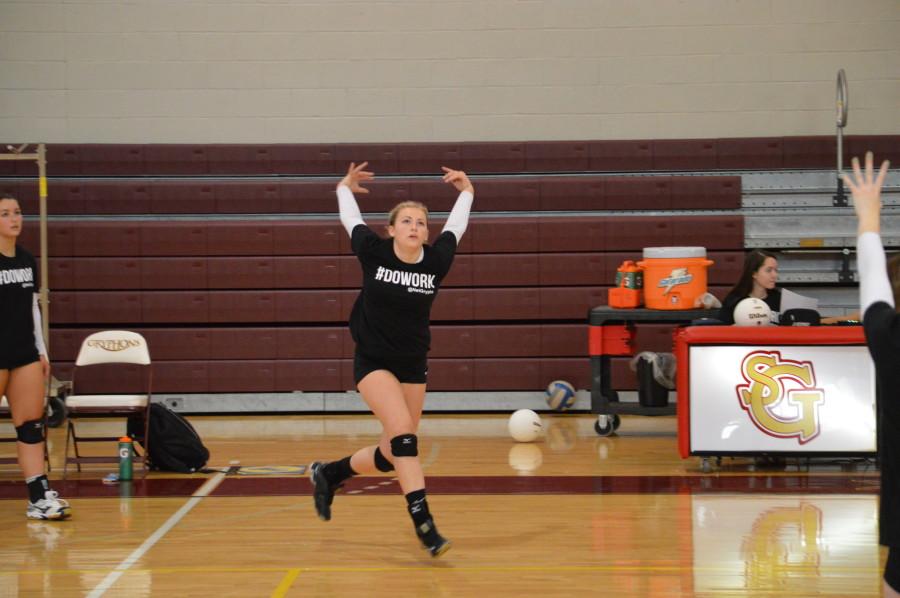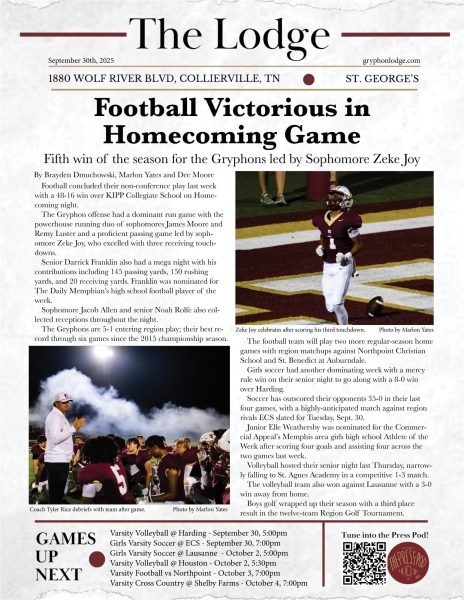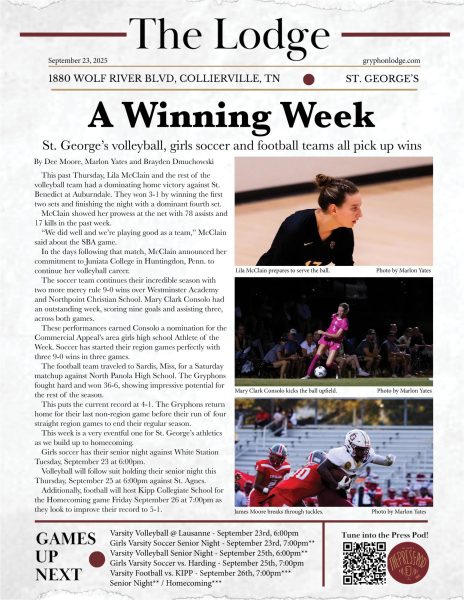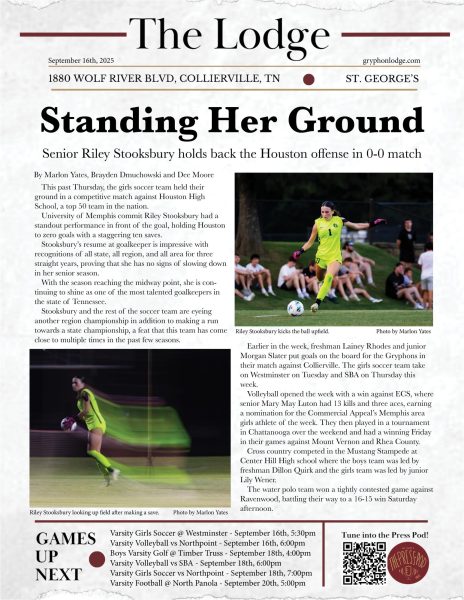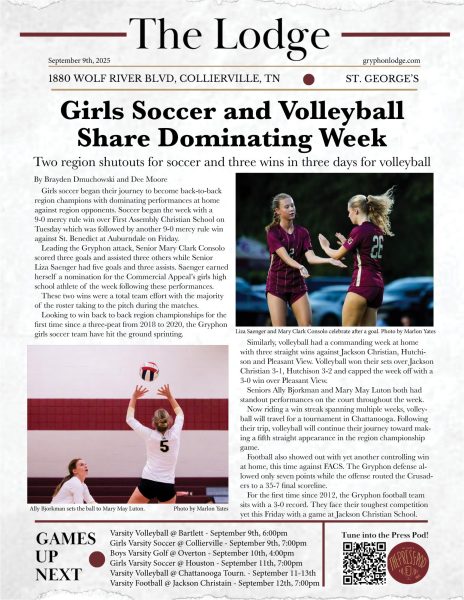The early bird gets the worm
Athletes weigh in on committing early for college sports
Typically, students begin seriously thinking about college during their junior year, as was the way for parents and teachers when they were in high school. However, as the process of applying to college becomes only more difficult and competitive, student athletes interested in continuing on with a sport in college are beginning the college process as early as eighth grade.
While committing to a school early relieves athletes of college stress as seniors because they have already decided, in return, it puts pressure on them to know both where they want to attend college and what they want to do at younger age.
Senior Roxanna Wood, who will be attending Elon University next fall to play volleyball, began her recruiting process when she was in ninth grade and verbally committed the summer before her junior year.
While she recognized that doubt about the decision and “a lot of stress in your early years of high school” are downsides, Wood stated that less stress as a senior and having more time to transition into college were benefits.
“I’ve had years to get to know my college and feel comfortable with leaving home to live there,” Wood said.
Meanwhile, eighth-grader Victoria England is in the beginning stages of the recruiting process as she is interested in playing college golf at the University of Texas. During the summer after her seventh grade year, England began college applications for golf, and college coaches started to approach her and her instructor.
“One benefit is that you have a plan and don’t have to worry about scrambling to find a college when you’re a senior,” England said. “A downside of early college recruiting for me personally is that, every time I play in a golf tournament, that score is recorded and shown to colleges, so it puts pressure on me to play well.”
Junior Sydney Spadafora committed to Carson-Newman University at the beginning of this school year after being recruited at the end of her sophomore year.
“Go to the camps because that’s the best place to be seen,” Spadafora said on advice for freshmen and sophomore athletes. “Keep bothering [the coaches] and make sure they know who you are.”
Seniors Connor Green and Justin Wertner both began being recruited during their freshmen year and committed early, with Green committing to the University of Mississippi for baseball the summer before his junior year and Wertner committing to play basketball at the University of California, Irvine, the summer before his senior year.
“[Being recruited early] can make you become a better player because you start to see your success pay off, so you want to work even harder,” Wertner said, “[but] sometimes getting recruited too early can cause athletes to stop working hard and make them think that they have already made it.”
However, they both agreed that taking your time to make a college decision is crucial.
“Make sure it is definitely, without a doubt, the place you want to spend the next four years of your life,” Green said.
In comparison, sophomore Avery Whitehead has not committed to a college, but she began the recruiting process in ninth grade and contacted more coaches seriously and visited different schools since then.
“There are so many colleges out there, so finding the best program for me takes some time,” Whitehead said. “Lots of people or teammates are committing, so you feel pressure to as well. But, this is a decision that can’t be rushed and sometimes people don’t know what they want in college, especially if you are a freshman.”
Although committing as early as sophomore year may not be the right option for everyone, being recruited and watched by college coaches is inevitable. Athletes interested in continuing sports in college eventually begin contacting colleges because of how competitive recruiting has become.
“Ultimately, I knew which school I loved and my gut, reasoning and passion all pointed the same direction,” Wood said. “Trust your instincts [and] don’t let anything slip away.”


